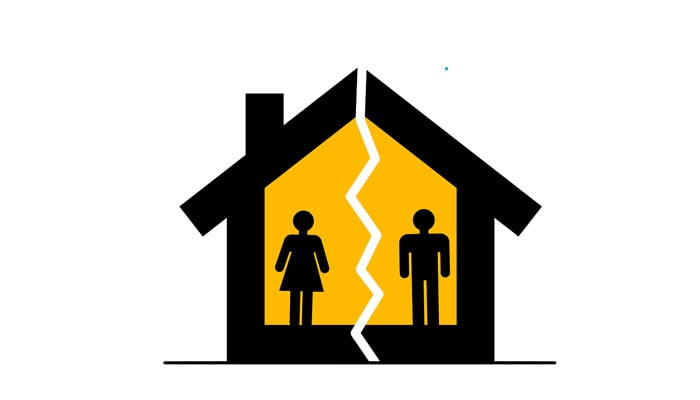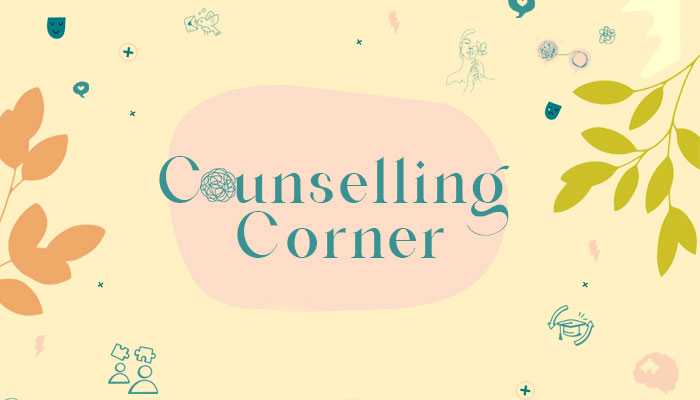
“Some days are good, while others are bad,” says a frustrated husband in an attempt to make his marriage work
Hi Haya,
I’m in my late 20s and got married four years ago to a girl who was a year younger than me. We recently welcomed a baby boy, but our marriage has been in turmoil since the beginning. Some days are good, while others are bad.
My wife and I get along, but when it comes to my family, she doesn’t treat them right. There are days when she’s normal, but some days she would go off the rail.
My wife doesn’t help with anything but expects me to be at her beck and call. She doesn’t work, so I feel like there is a lot of pressure on me. She doesn’t even let me interact much with my family.
I used to be a very active and social person, but now I don’t feel like doing anything. I’ve become very lazy and have lost interest in everything. I don’t know how to navigate this situation and make my marriage work given all the issues my wife and I are confronted with. Can you please guide me?
— A frustrated husband

Dear reader,
I am sorry to hear that your marriage has been in turmoil since the beginning. I appreciate your openness in sharing your concerns. It sounds like you are facing significant challenges in your marriage, and it is understandable that this is taking a toll on your well-being. It’s important to approach these issues with empathy and understanding.
Relationships are complex and require hard work from both ends. The key foundations for a healthy relationship include self-awareness, effective communication, and mutual respect. These aspects play a critical role in shaping the nature of your relationship.
Self-awareness means recognising and understanding your own thoughts, emotions, behaviours, and motivations. It involves being aware of your strengths, weaknesses, values, beliefs and how you impact others. It’s about knowing your own needs.
You cannot have a healthy relationship without communication. Not communicating and trying to preserve a relationship is like trying to go swimming in a pool with no water — it’s not possible.
The good thing is communication is a skill that can be learnt.
Often, we communicate passively, many times not knowing what our own needs are and expecting our partner to understand our unspoken needs. When this pattern continues, distance and resentment build.
In relation to your wife, have you discussed with her how her behaviour towards your family makes you feel and the impact it has on you? Have you expressed to her what your needs are, and what your expectations are from her regarding your family?
Have you explored personal boundaries? I would recommend you to do so. Boundaries are limits that teach others how to treat us in the way we need, what we are willing and unwilling to tolerate.
At the same time have you gotten curious about what your wife’s needs are and what’s happening for her that makes her behave this way?
Again, understanding each other’s needs and expressing them is crucial. It seems like you may have given up control of your own life. I sense resentment for the way things are while not doing anything about them.
When we keep on giving or accepting behaviour that is not ok with us without taking ownership for ourselves it leads us to feel that we are not in control of our lives, which in reality is not true. We are simply not focusing on the things that are in our control.
Remember, in reality, no one can do for us that we cannot do for ourselves. We must realise the role we play in our own suffering. We are first and foremost responsible for meeting our own needs and then communicating them to others.
Relationships often reveal to us our own unmet needs, showing areas within us that require healing.
In conclusion, working on self-awareness, communication, managing expectations, and setting boundaries are key areas that can contribute to a healthier and more fulfilling relationship.
Regards,
Haya

Haya Malik is a psychotherapist, Neuro-Linguistic Programming (NLP) practitioner, corporate well-being strategist and trainer with expertise in creating organisational cultures focused on well-being and raising awareness around mental health.
Send her your questions to [email protected]
Note: The advice and opinions above are those of the author and specific to the query. We strongly recommend our readers to consult relevant experts or professionals for personalised advice and solutions. The author and Geo.tv do not assume any responsibility for the consequences of actions taken based on the information provided herein. All published pieces are subject to editing to enhance grammar and clarity.

